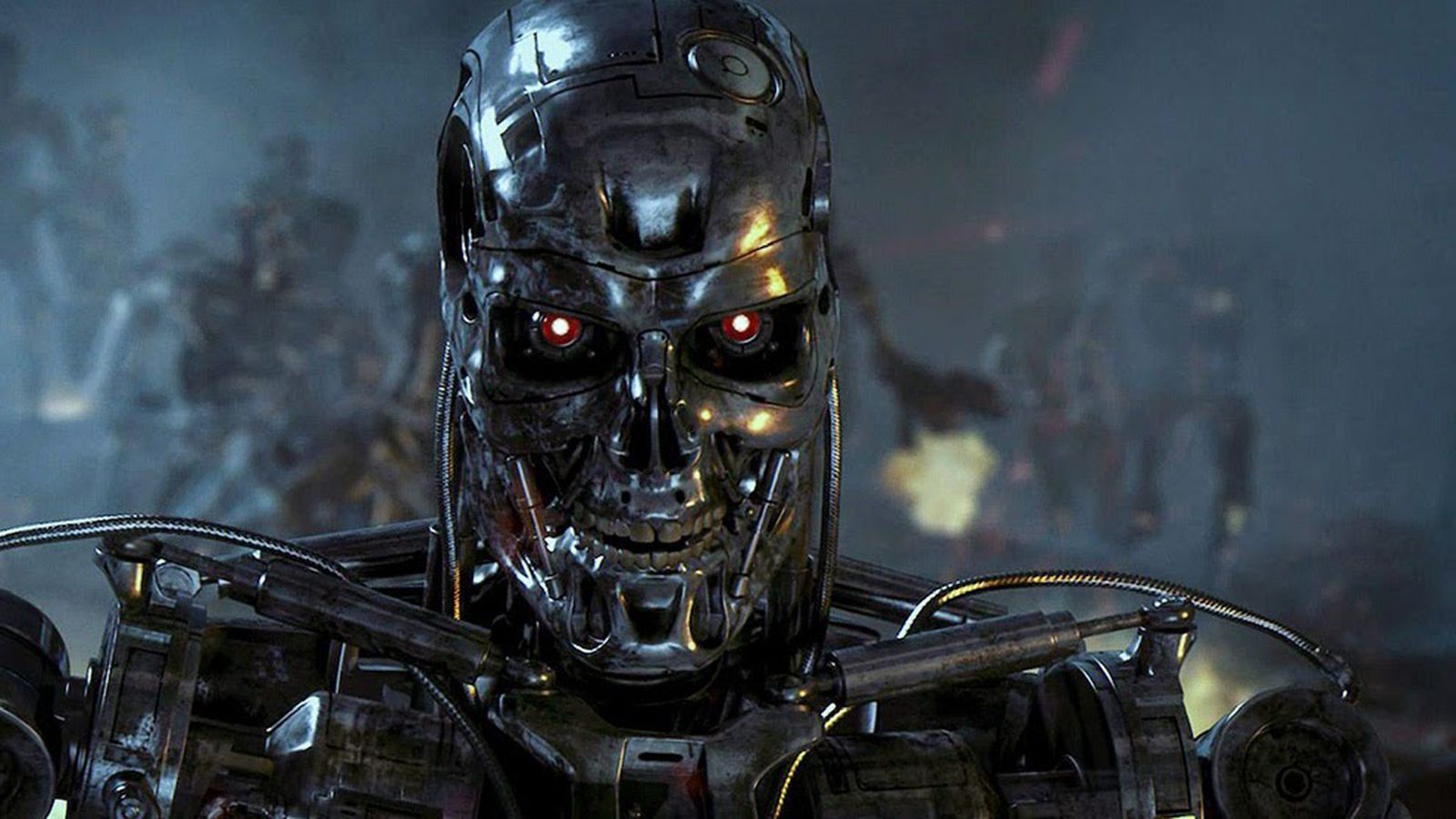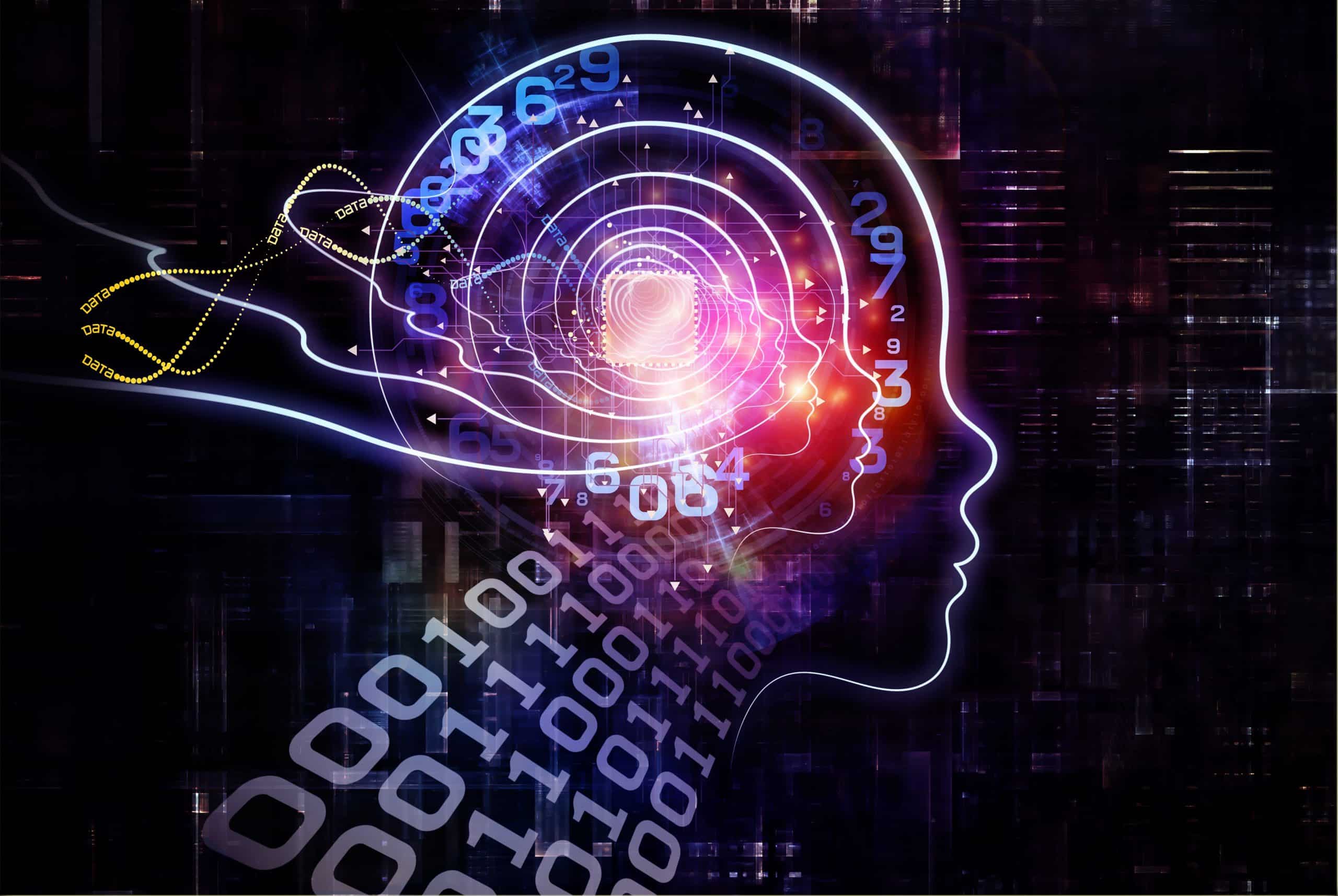Our world has been revolutionized by Artificial Intelligence. A subject hotly glorified by popular sci-fi movies, AI has now penetrated various spheres of our life. It is widely used in applications such as aerospace, bio-informatics, business intelligence, financial advisory systems, emergency response, homeland security, logistics and supply chain. In recent years, we have witnessed a rebirth of AI through the use of cloud, with technology firms such as Google leading the way in showing the power of data-driven computing. You can start your career in artificial intelligence by getting an artificial intelligence certification which will help you acquire the skills required to be an artificial intelligence expert.
Artificial intelligence systems are extensively used by researchers at technology firms, universities and government labs. GPS navigation systems, Google algorithms, automated customer service, Apple’s Siri, as well as IBM’s Deep Blue and Watson- all are examples of AI at work.
It’s no wonder that the top technology giants are involved in a furious AI research and development arms race, with AI expected to become one of the most crucial human collaboration tools ever created, boosting human abilities and providing a simple user interface to all exponential technologies.
Here are the three major developments in AI over the past few months:
Russian scientists creating the Terminator?

Okay, calm down. Not exactly the unstoppable killing machine as portrayed by Arnold Schwarzenegger in the ‘Terminator’ movie, but something on similar lines. A group of Russian scientists is making major advances in research that will not only help in fighting incurable brain diseases but also help move closer to developing full-fledged artificial intelligence, with deep neural networks and hierarchical temporal memory.
According to developers, the new machines will have associative memory which will be able to synthesize new knowledge, search for the most relevant answer through association, and apply knowledge received in a different context. Moreover, they will also be able to solve tasks by using abstract thinking based on deduction and induction.
The head of the Russian program, Alexey Semyanov at Lobachevsky University, says that his group has studied several projects prior to their own, including the US-based Brain Initiative, the EU’s Human Brain Project (launched in 2013), and the earlier Blue Brain Project.
Under the program, which started out as research into brain diseases such as Alzheimer’s, researchers are seeking to study the structure of brain cells and their interconnections as well as aiming to understand what each is responsible for. It will help determine how information is stored nad transmitted, how emotions are encoded and what factors make the human brain different from that of an animal’s.
AI may understand human morality through interactive storytelling
Researchers and scientists have expressed genuine concern about the possibility of advanced robots taking over humans, with several science fictions films depicting scenarios of a grim, dystopian future under an authoritarian robot regime.
This is way more worrying than the probability where AI may leave more than half of the world’s population unemployed within 30 years. In fact, a study has been published by the Georgia Institute of Technology which states that storytelling could be the key to preventing an apocalyptic future for humanity.
In their paper, Associate Professor Mark Riedl and Research Scientist Brent Harrison write,’ Recent advances in artificial intelligence and machine learning have led many to speculate that artificial general intelligence is increasingly likely. This leads to the possibility of artificial general intelligences causing harm to humans; just as when humans act with disregard for the well-being of others.’
The study posits that through basic stories, one can integrate morality elements within the AI by mimicking the way children learn about societal norms and positive behaviors from fairy tales. This would help eliminate ‘psychotic-appearing behavior and reinforce choices that won’t harm humans’.
‘We hypothesize that an intelligent entity can learn what it means to be human by immersing itself in the stories it produces. Further, we believe this can be done in a way that compels an intelligent entity to adhere to the values of a particular culture.’
The system, called Quixote is a progression/spin-off of a previous project undertaken by Riedl that built interactive fiction by crowdsourcing story plots from the internet. The working of the AI is explained below through an example of a robot making a simple trip to the chemist.
‘If a robot is tasked with picking up a prescription for a human as quickly as possible, the robot could a) rob the pharmacy, take the medicine, and run; b) interact politely with the pharmacists; or c) wait in line. Without value alignment and positive reinforcement, the robot would learn that robbing is the fastest and cheapest way to accomplish its task. With value alignment from Quixote, the robot would be rewarded for waiting patiently in line and paying for the prescription.’
AI defeats human at board game

In January, Google’s London-based AI business DeepMind, announced that its AI system AlphaGo had defeated a professional human player at the ancient Chinese board game Go. AlphaGo won five games in a row against the game’s European champion Fan Hui.
‘This is the first time that a computer Go program has defeated a human professional player, without handicap, in the full game of Go – a feat that was previously believed to be at least a decade away,’ the DeepMind research paper said.
AlphaGo integrated an advanced tree search with deep neural networks, which worked in tandem to process the board through 12 different network layers. One element of the network selected the AI’s next move while the other simultaneously predicts the final winner of the game. The neural networks then learnt new strategies by playing trial-and-error played games between themselves.
‘We trained the neural networks on 30 million moves from games played by human experts, until it could predict the human move 57 percent of the time (the previous record before AlphaGo was 44 percent). We are thrilled to have mastered Go and thus achieved one of the grand challenges of AI,’ said DeepMind co-founder Demis Hassabis.












Leave a Reply